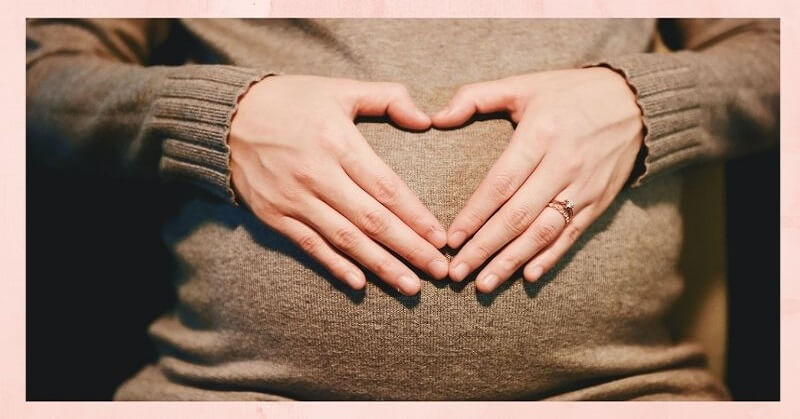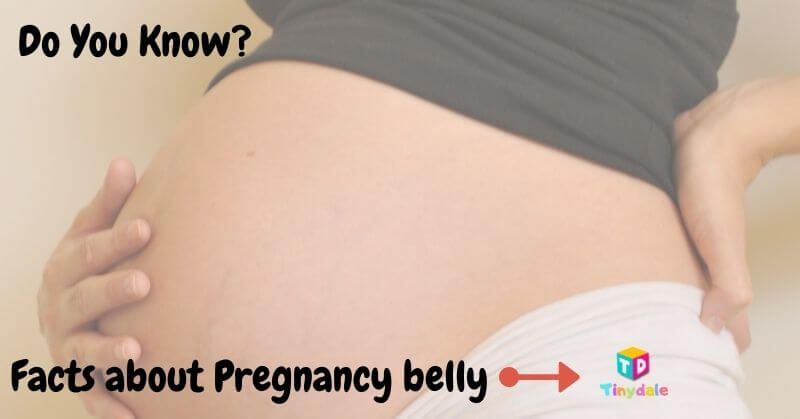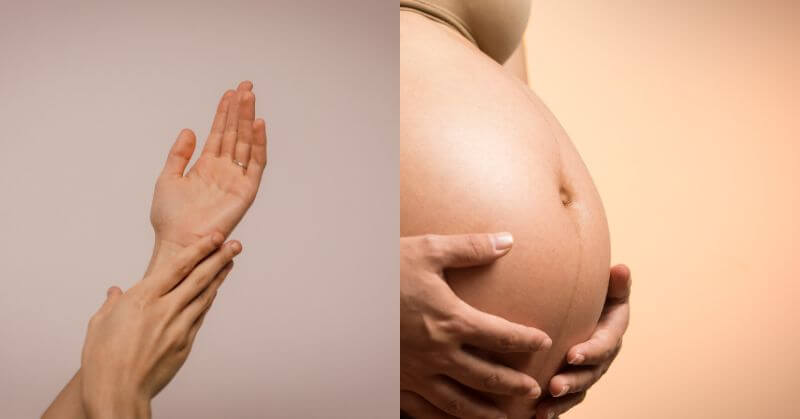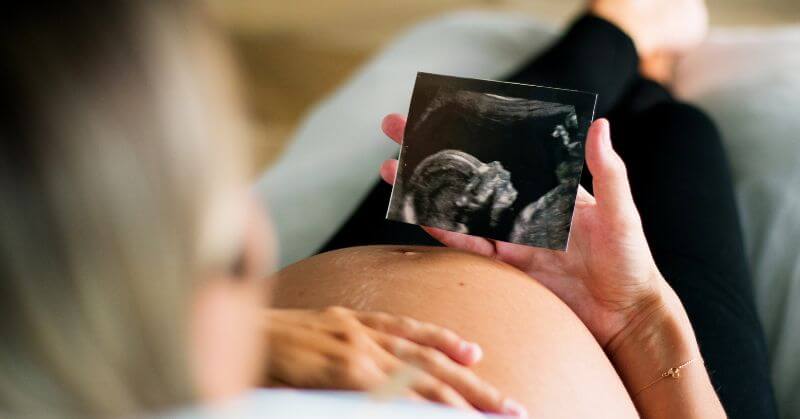Why Is My Pregnant Belly Sometimes Hard And Sometimes Soft? The size of your baby bump will vary throughout your pregnancy. It starts small at first, then grows larger as your baby gets bigger. As your baby grows, so too will your belly.
The First Trimester


During the first trimester, your baby’s growth is rapid. This means that your belly will start off small and gradually expand as your baby grows. You might notice some changes in your body during this period, such as increased appetite, fatigue, nausea, and back pain.
The First Trimester: You’re Growing A Baby Inside Of You
In the first trimester, your baby is growing inside of you. As your baby continues to develop, he or she will begin to move through your uterus. This movement can make your abdomen feel tight or uncomfortable.
The Second Trimester – Why Is My Pregnant Belly Sometimes Hard And Sometimes Soft?

The answer is here: As the fetus continues to grow inside the womb, your pregnant belly will continue to expand. By the end of the second trimester, your baby should weigh between 5 and 8 pounds (2.3 and 3.6 kg). If you feel tired, nauseous, or have back pain, talk with your doctor.
The Second Trimester: Your Baby’s Getting Bigger
During the second trimester, your baby has grown to an average size of about 5 inches (13 cm) long and weighs about 1 pound (0.5 kg). He or she also has developed fingers and toes, and his or her eyes are open.
The Third Trimester

During the third trimester, your baby will continue to grow rapidly. This growth can cause your uterus to stretch and become larger than normal. You might also notice changes in your body as your baby grows. These changes can include:
- Swelling in your hands and feet
- A bulging stomach
- Changes in your breasts
Some Quick Questions:
Why is my pregnant belly sometimes hard in one spot?
It is completely normal for the uterine muscles to contract and get hard so to have a practice for labor, and this process of belly tightening is called Braxton Hicks contractions.This phenomenon is completely normal and nothing to worry about.
How do I know my baby is healthy in the womb?
For complete information on the signs of a Healthy pregnancy and healthy baby in the womb go and check out here.
What does a soft pregnant belly mean?
After delivery generally, the uterus takes anywhere between 2 to 6 weeks to get back into shape. In this span, women experience period pains. Plus you may feel that your belly is feeling super soft and squishy, but this is a completely natural process and nothing to worry about.
How often should you feel baby move?
At least 10 movements within a 2-hour period are a must to feel. If you can feel these movements even ig you are eating to concentration on fetal movements it’s time to see your doctor and get the checkup done.
How early can Babies drop?
It is different for every pregnancy. Generally in the first pregnancy babies in the womb usually drop around 2 to 4 weeks before delivery.
What week is stillbirth most common?
gestational age from 2.1 per 10,000 ongoing pregnancies at 37 weeks of gestation up to 10.8 per 10,000 ongoing pregnancies at 42 weeks of gestation the chances of stillbirth increase.
Summary On Why Is My Pregnant Belly Sometimes Hard And Sometimes Soft?

Here we can conclude by saying that the basic criteria on which the belly parameters depend are:
- stage of pregnancy
- your body type
- the time of day
On the basis of these criteria, some times of the day your pregnant belly may feel hard and sometimes it can feel soft and subtle.
The reality behind this is there is no comparison between pregnancy bellies.No two pregnant bellies can be the same.
Pregnancy bellies come in all sizes, shapes, and firmness.
I am sure you are part of our amazing Pregnancy Support Group.
Follow Us: Facebook | Instagram | Twitter | Youtube | Pinterest

